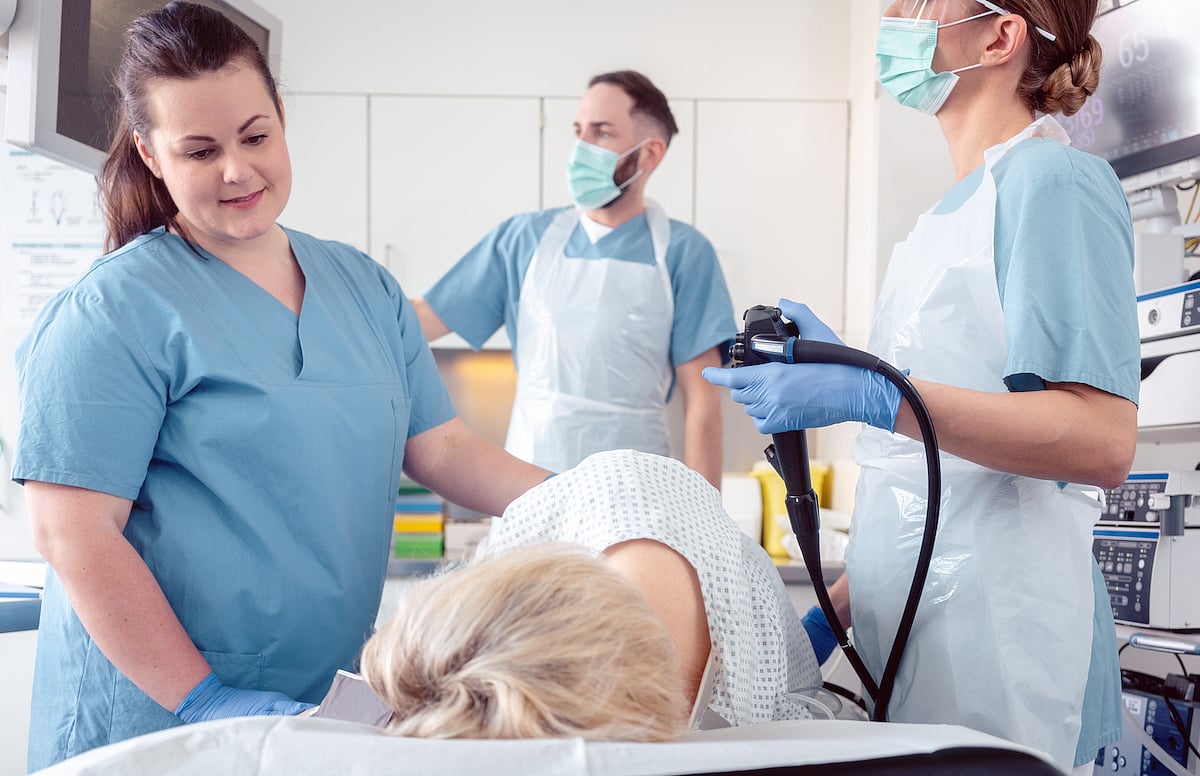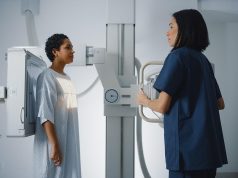CAD may lead to an 8 percent increase in adenoma detection rate and 2 percent increase in detection rate of advanced colorectal neoplasia
By Elana Gotkine HealthDay Reporter
WEDNESDAY, April 2, 2025 (HealthDay News) — In a living clinical practice guideline issued by the American Gastroenterological Association and published in the April issue of Gastroenterology, no recommendation — for or against — is made for the use of computer-aided detection (CADe) systems for the detection of colorectal polyps during colonoscopy.
Shahnaz Sultan, M.D., from the University of Minnesota in Minneapolis, and colleagues conducted a systematic review to examine the desirable and undesirable effects of CADe-assisted colonoscopy and evaluated evidence assessing the values and preferences of patients undergoing colonoscopy.
The researchers note that no recommendation can be made for or against the use of CADe-assisted colonoscopy in light of very low certainty of evidence for the critical outcomes (desirable and undesirable), increased burden of more intensive surveillance colonoscopies, and cost and resource implications. The authors did find some evidence that CADe may lead to an 8 percent increase in adenoma detection rate, a 2 percent increase in the detection rate of advanced colorectal neoplasia, and a 1 percent increase in sessile serrated lesion detection rate.
“If artificial intelligence is going to be impactful, it needs to be better than the human eye,” Sultan said in a statement. “Right now, artificial intelligence is detecting easy-to-detect lesions. This is version 1.0. Before we can recommend everyone use AI, we need version 4.0, where it helps detect polyps that are truly difficult to find.”
Two authors disclosed ties to industry.
Copyright © 2025 HealthDay. All rights reserved.








